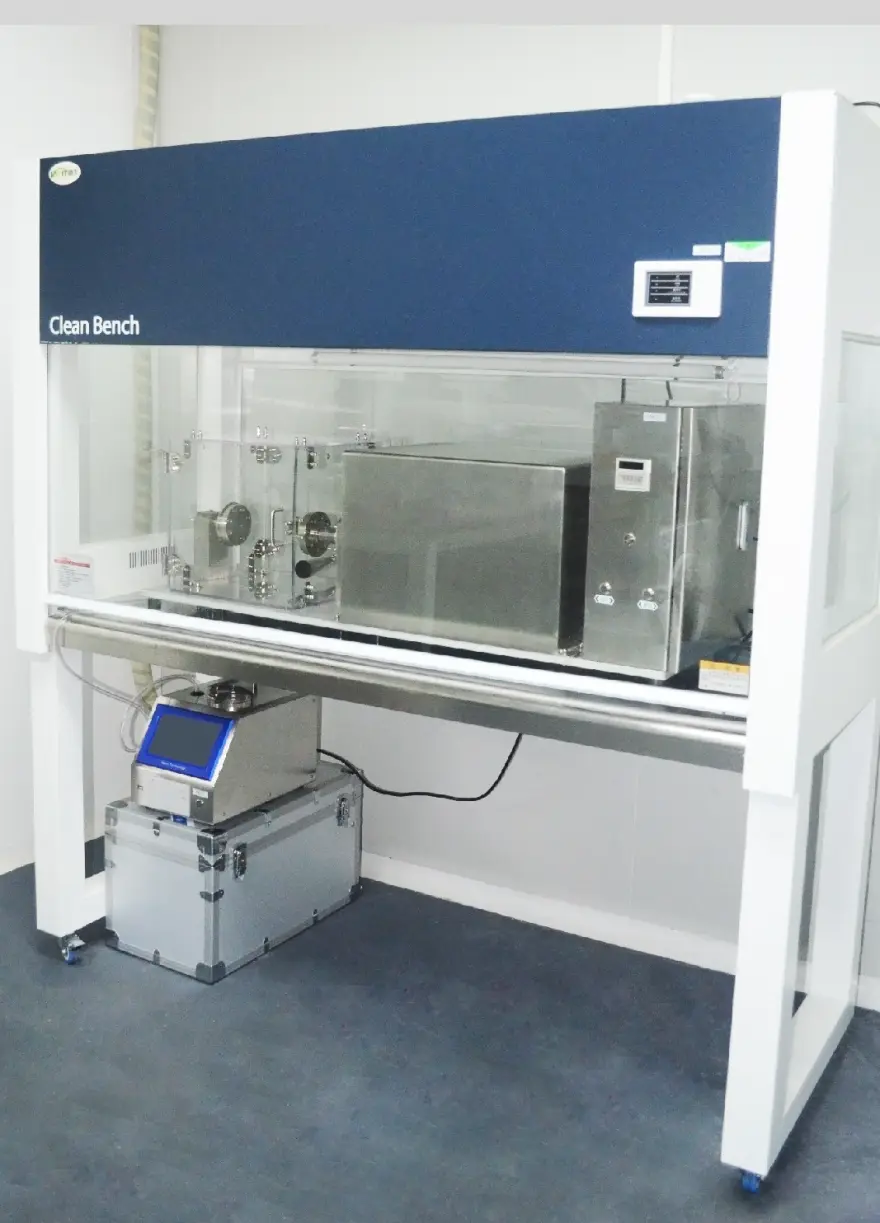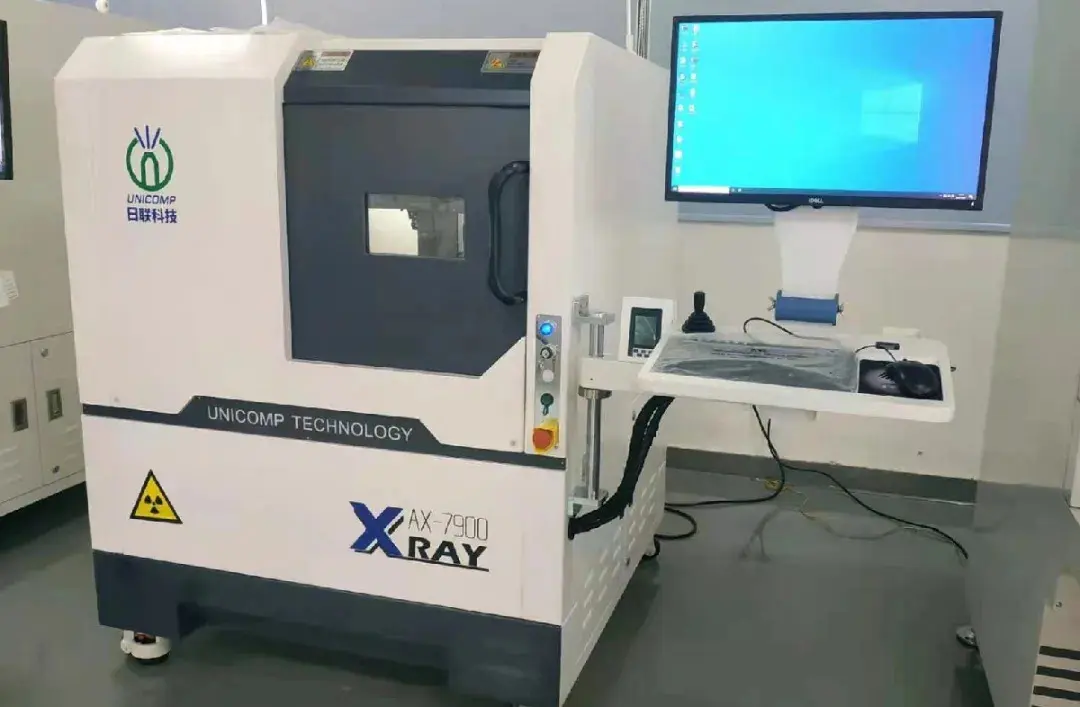
BLE Module FCC Certification Test Quotation
As a type of wireless communication device, Bluetooth modules must obtain FCC certification before they can be sold and used in the U.S. market. The purpose of FCC certification is to ensure that Bluetooth modules do not interfere with the normal operation of other devices when transmitting and receiving wireless signals, while also complying with FCC regulations on electromagnetic radiation and interference resistance.
Bluetooth Module FCC Certification Fees
- EUT: BLE sub-card
- Wireless Connection: BLE only
- Service: U.S. FCC certification
- Fee (USD): $1,650
- Delivery Time: 15 working days
- Test Standards:
- EMC: fcc part 15B
- Radio: FCC Part 2.1091, FCC Part 1.1310
- Samples Required:
- One unit for conducted testing (SMA connector cable soldered from the antenna port)
- One unit for radiated spurious emissions testing (must be able to transmit modulated signals, fix Bluetooth low, mid, and high-frequency points, and maintain continuous transmission)
Bluetooth Module FCC Certification Process
1. Preparation of Application Materials
Before applying for FCC certification, necessary materials must be prepared, including the product manual, technical specifications, circuit schematic, transmission and reception frequencies, power spectral density, etc.
2. Selection of Certification Body
FCC certification must be conducted by an FCC-authorized Notified Body, responsible for testing and reviewing the certification.
3. Testing
The Notified Body conducts tests based on the application materials and relevant standards, including electromagnetic radiation tests and interference resistance tests. These tests must be performed in designated laboratories to ensure accuracy and reliability.
4. Report Compilation
Upon completion of the tests, the Notified Body compiles the test report and evaluation and submits them to the FCC.
5. FCC Certification Decision
The FCC makes a certification decision based on the test report and evaluation. If the Bluetooth module passes the certification, an FCC certificate is issued. If it fails, the Notified Body provides improvement recommendations and assists the applicant in making necessary modifications.
Email:hello@jjrlab.com
Write your message here and send it to us
 Packaging Validation ISO 11607 Test Report
Packaging Validation ISO 11607 Test Report
 What is the ISO 11607-1 Packaging Validation Test?
What is the ISO 11607-1 Packaging Validation Test?
 How to get an ISO 11737-1 Test Report?
How to get an ISO 11737-1 Test Report?
 Orthopedic Implant Cleanliness Testing
Orthopedic Implant Cleanliness Testing
 What is ISO 10993-23:2021 Irritation Testing?
What is ISO 10993-23:2021 Irritation Testing?
 ISO 10993-23 Irritation Testing Laboratory
ISO 10993-23 Irritation Testing Laboratory
 EMI Emissions Testing
EMI Emissions Testing
 EMC Standards for Medical Devices
EMC Standards for Medical Devices
Leave us a message
24-hour online customer service at any time to respond, so that you worry!




